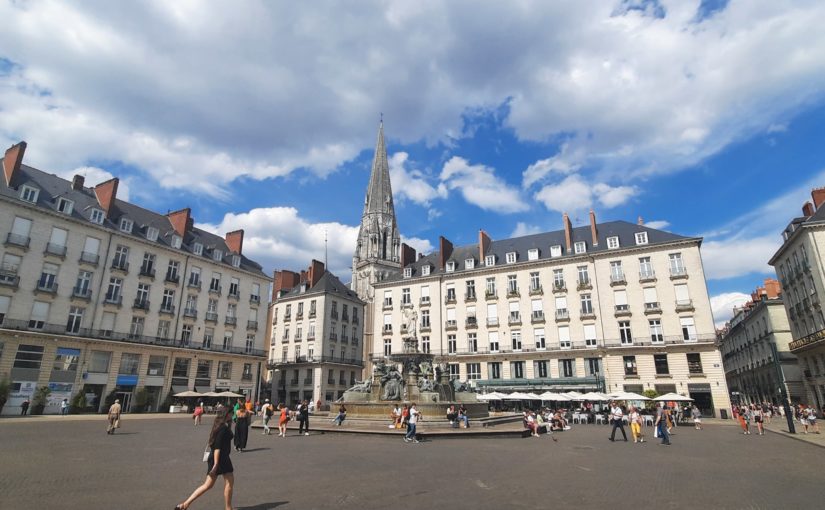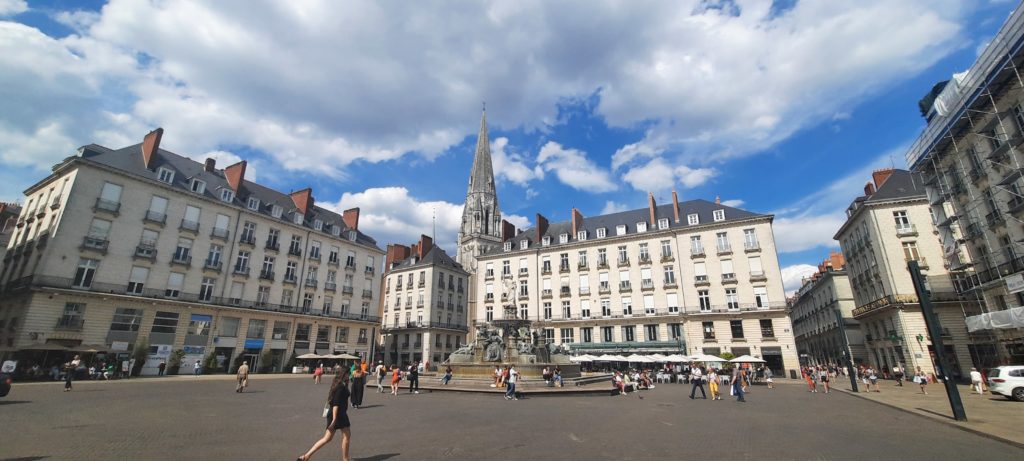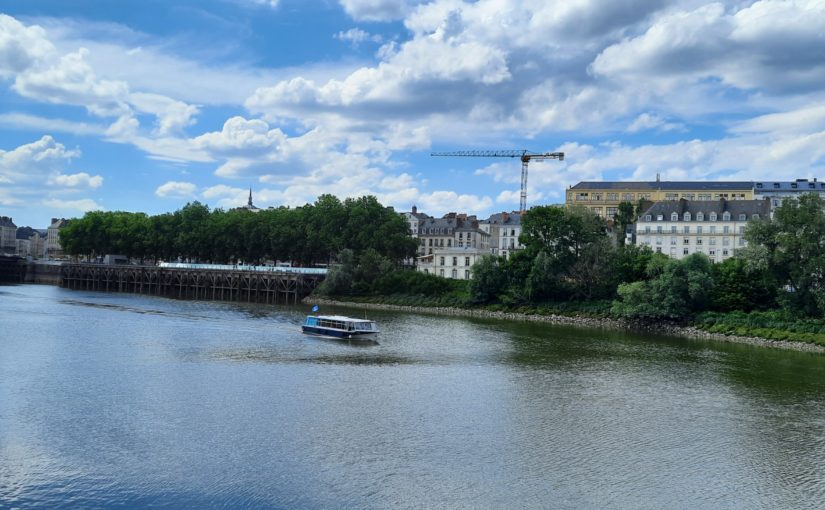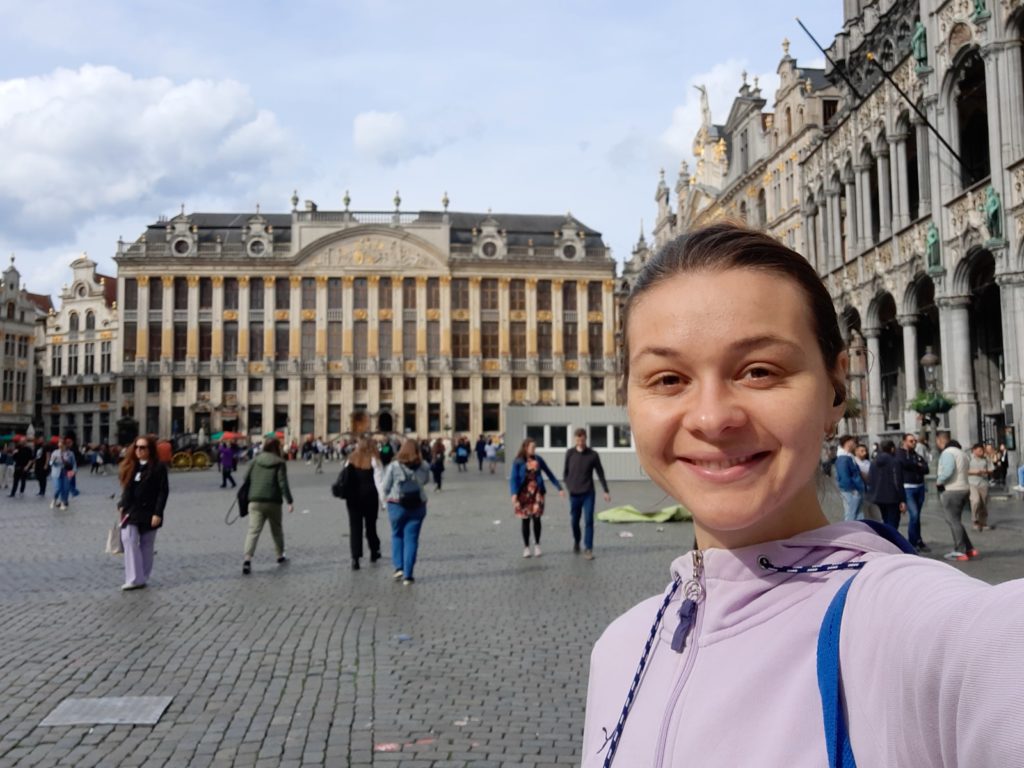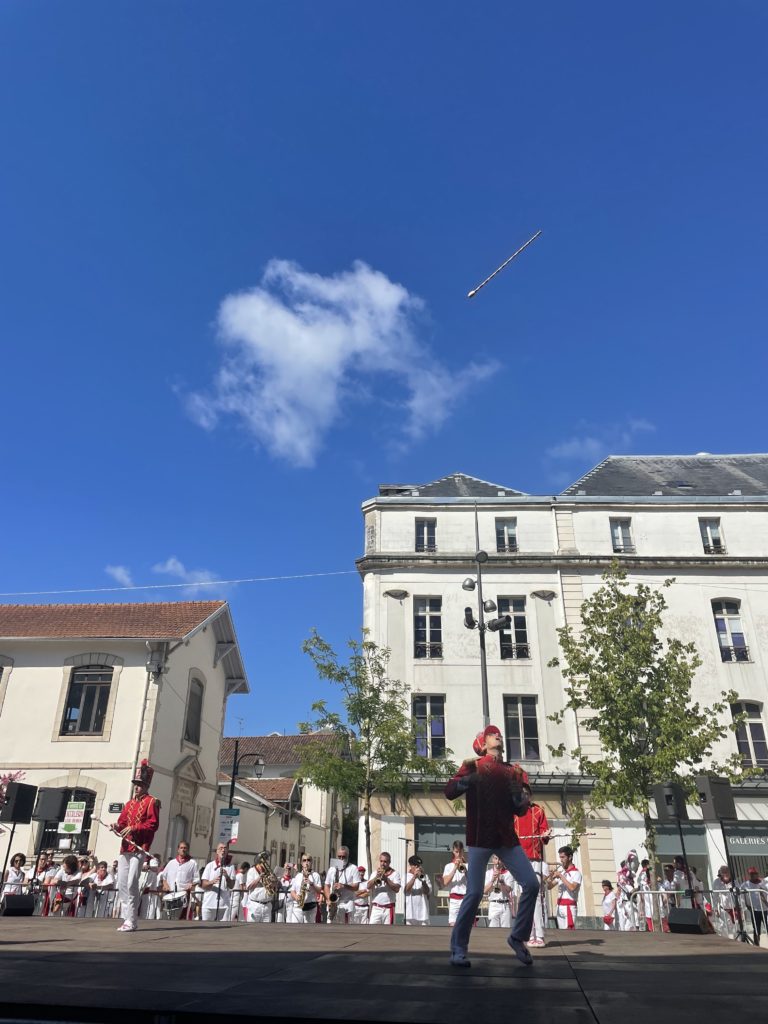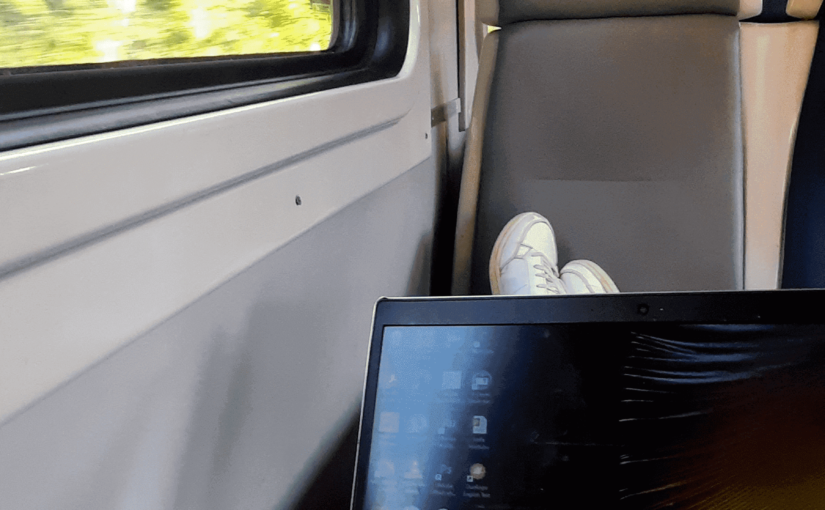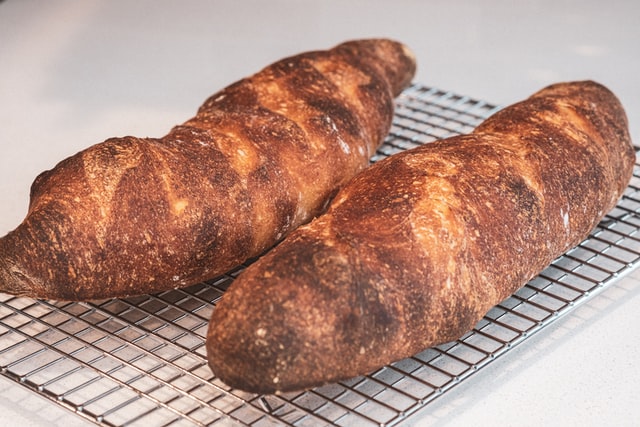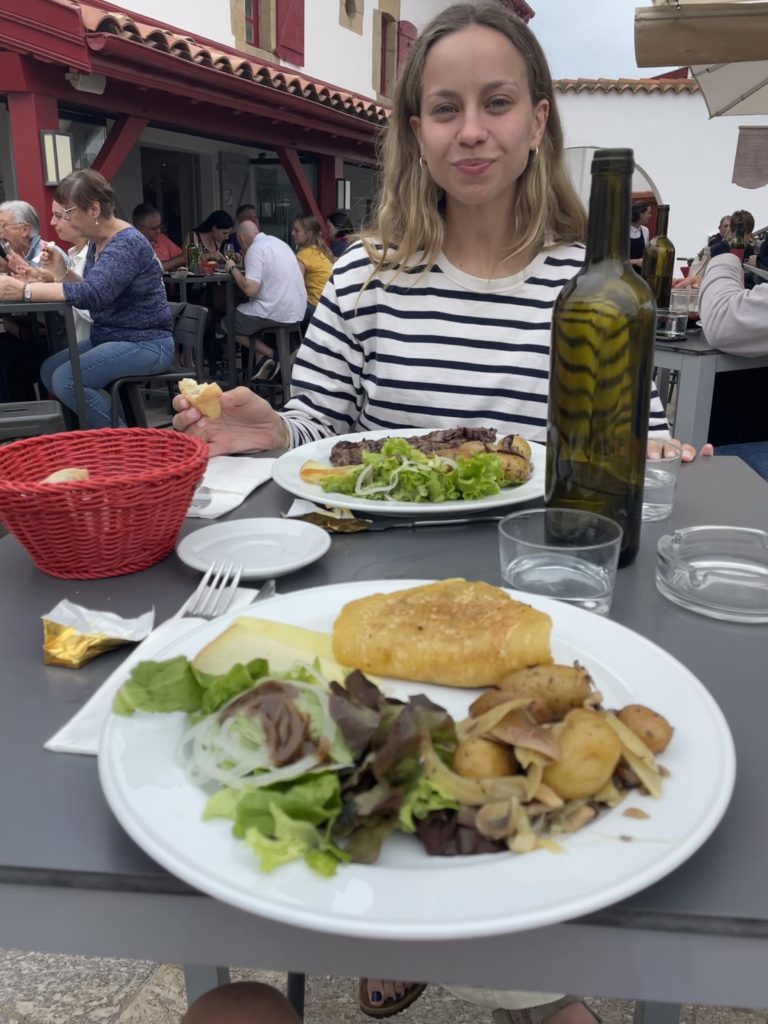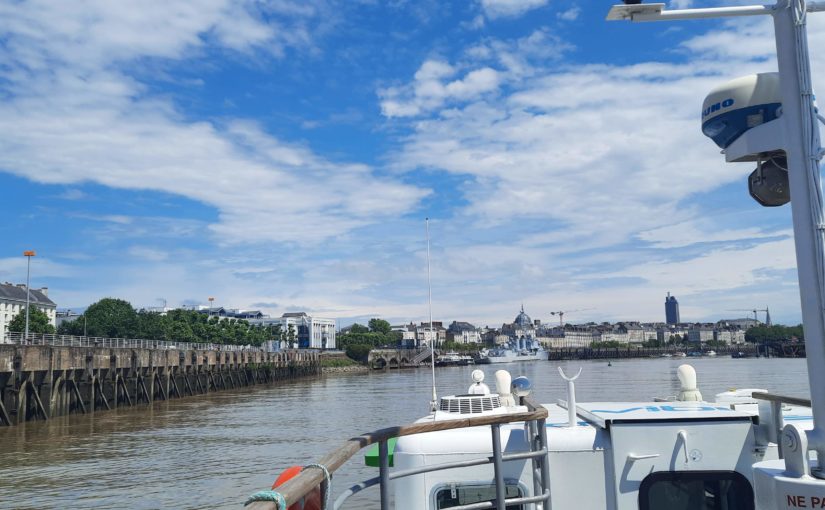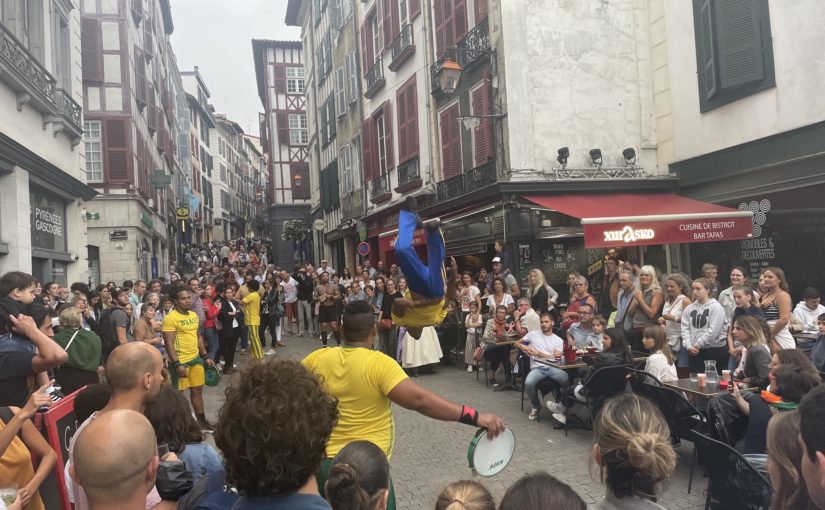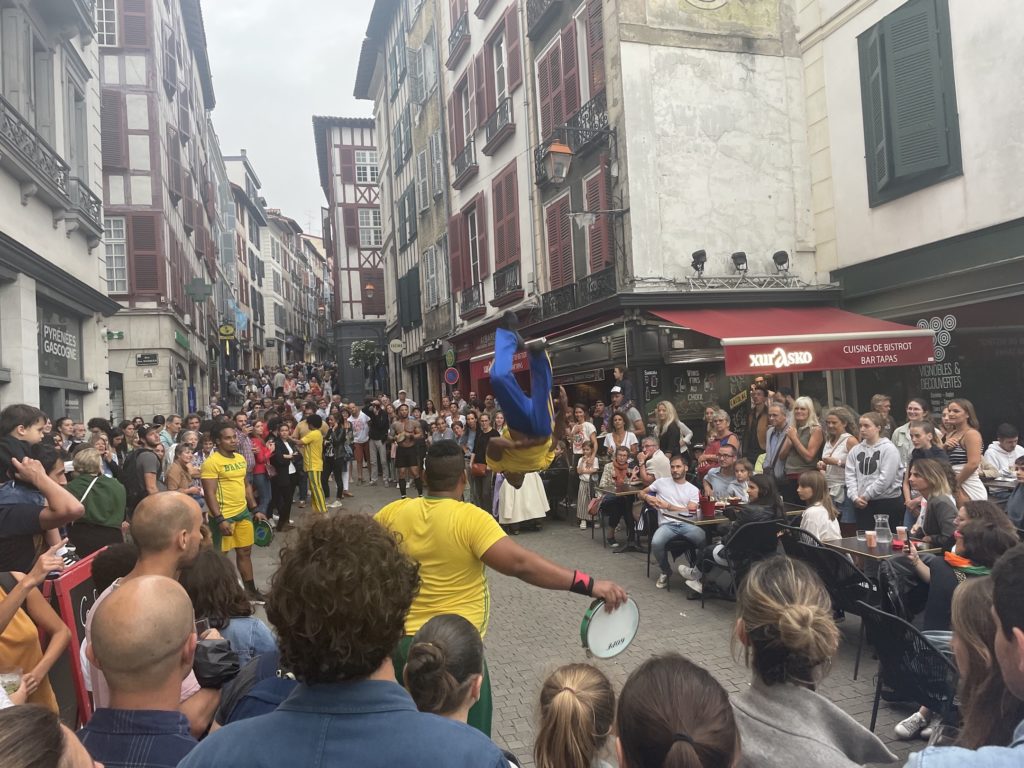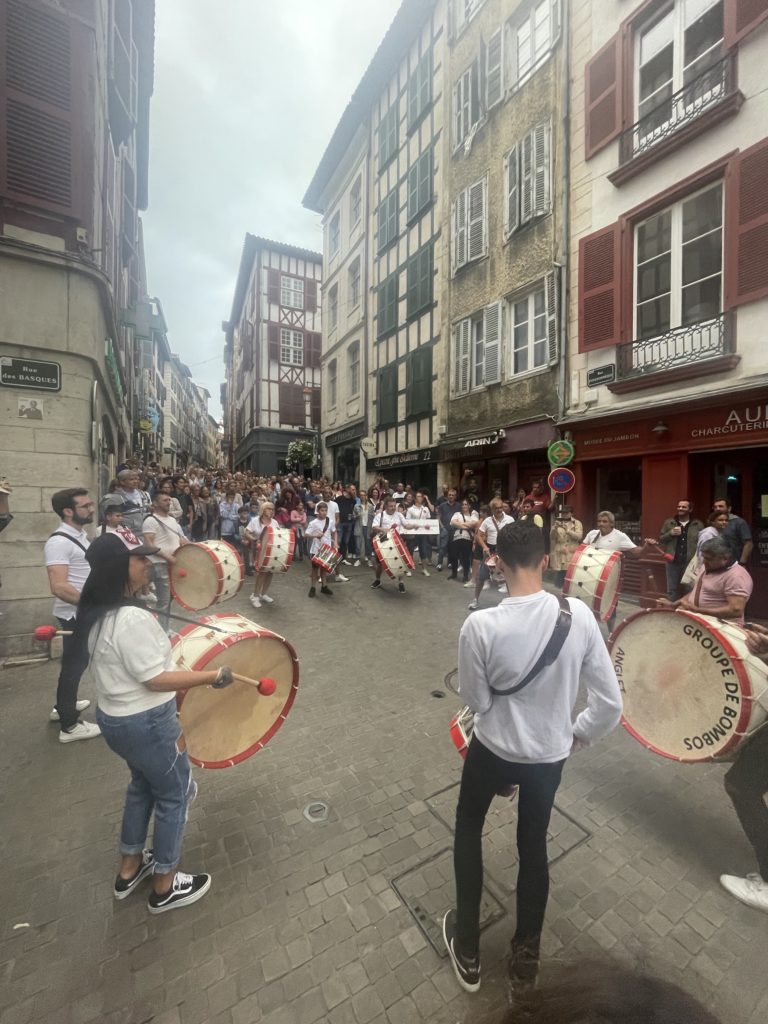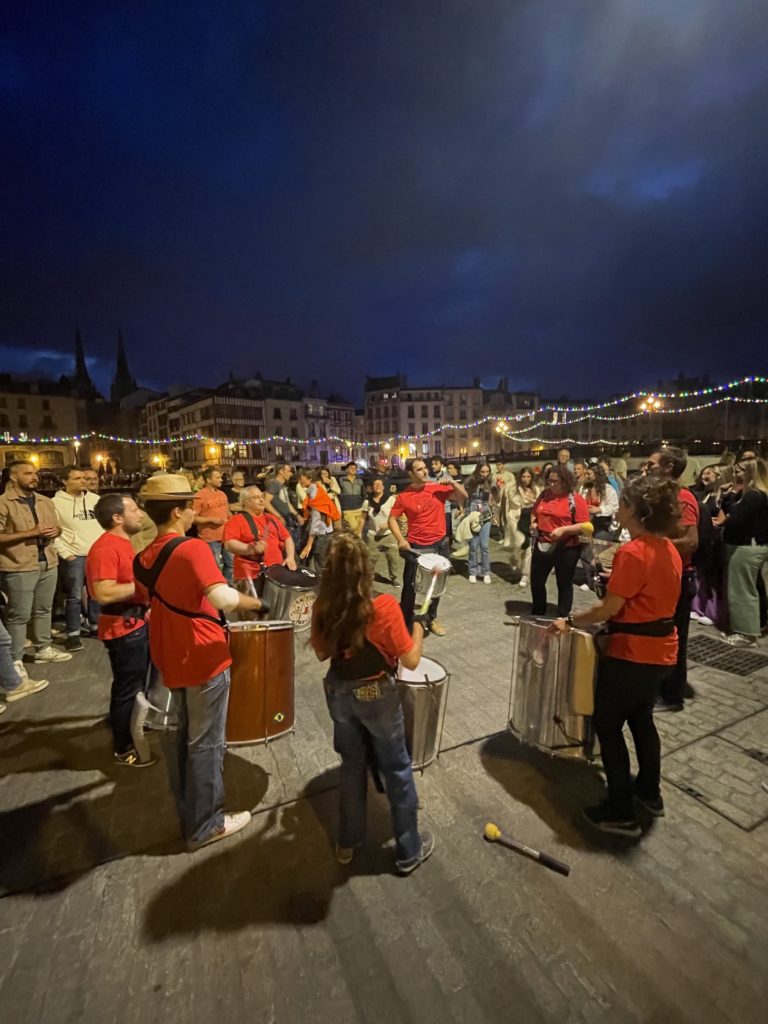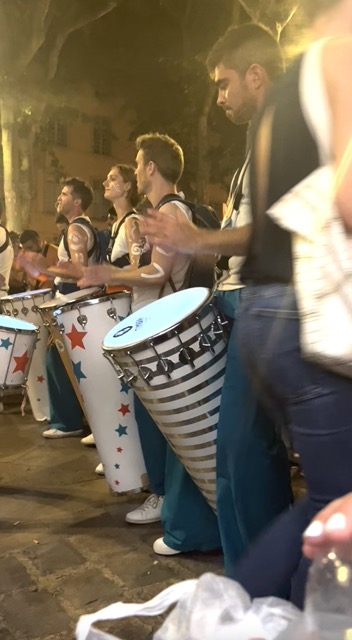“California…knows how to party”
This is typically the response I receive upon telling people where I’m from — a lovely French rendition of Tupac’s “California Love.” Despite studying in a surf town, that is often referred to as “French California,” many locals are often excited when I share where I am from.
Throughout my time studying in France, I have really enjoyed testing people’s different reactions to when I say I am from America, compared to saying I am from California. The difference is quite stark from every introduction I’ve made. When I say I’m from America, oftentimes I am met with an apology, or I am met with a comment regarding fast food, Donald Trump, gun violence, or reproductive rights. Oftentimes when I share that I am from America, I will be met with “Oh! The country where guns have more rights than women!” Whereas when I say I am from California, I am often met with people sharing how they would love to visit or ask about LA, San Francisco, and beaches.
For my first day in French class, my afternoon course was discussing climate change and how each of the student’s respective countries were responding to climate change. The majority of the class was spent discussing the gravity of Donald Trump pulling out of the Paris Climate Agreement and in one of our discussion activities, we used Donald Trump as a person to imagine speaking to if we needed to try to educate a person on the serious threat of climate change. As the only American in my class, it was rather comforting to see that each of the students was absolutely aghast at the idea of a president of a leading nation not taking climate change seriously.
Similarly, I have been staying in an ecological surf hostel, with an emphasis on educating the guests of the hostel how to lead a sustainable life and minimize our carbon footprint. With the many guests coming through the hostel, I have met many French people who come from all over the country, and each time, I have been met with a similar wariness of America’s response to climate change. Granted, I have been staying in a surf town that is very focused on having a sustainable, environmental-friendly lifestyle, however I have found a rather consistent reaction in terms of America and climate change, from the friends I have made from different regions in France.
In addition to climate change, with the overturning of Roe v. Wade, reproductive rights and women’s rights have been in the forefront of people’s perceptions of America. When I went to one of the local pharmacies, the pharmacist asked where I was from (hinting that my French accent still has some room for improvement…) and I told her that I was from the United States. She looked a bit alarmed, then asked which state I was from, and when I told her California, she let out a sigh of relief. I inquired to her sigh of relief, and she was saying how she was very worried for the United States with the overturning of Roe v. Wade. Discussing more, she shared how she is so glad that I live in California, telling me that “women’s rights are respected there.” I then shared that I go to school in Indiana and she expressed concern, and I was rather surprised to see how closely some people followed US human rights news, to the point where they know the regional responses. However, with the recent overturning of Roe v. Wade, many French people have expressed their concern and awareness of Indiana’s prevalence in the media when it comes to reproductive justice and access to health care. The pharmacist proceeded to share how it is necessary to “manifester” (in a very French fashion, where protests are strongly integrated into their politically participatory culture), to ensure that human rights are protected in the US. I shared how there have been many protests and movements, however with the current conservative Supreme Court, it will be difficult to efficiently restore protection of reproductive rights. She then explained how in France, reproductive healthcare is very easily accessible to French citizens. With the reversal of Roe v. Wade, I have been met with very similar reactions from many French people I have met, as well as other international students in my French school and in my hostel.
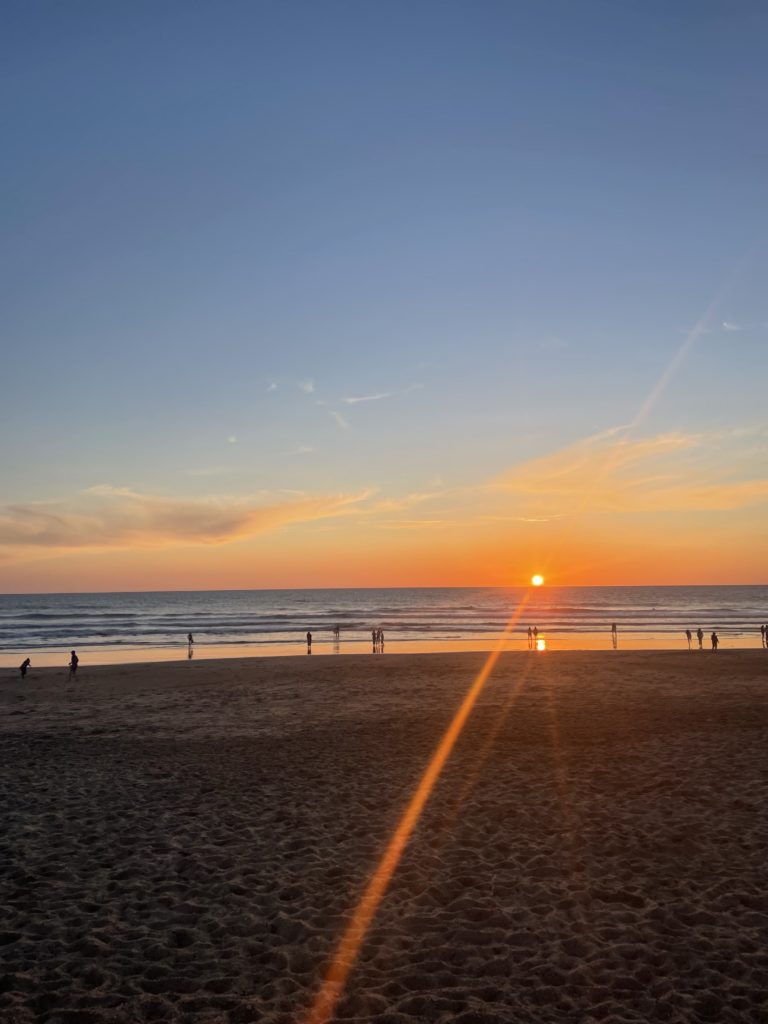
I got the news alert that Roe v. Wade had been officially overturned while I was on the beach with my friends, who also received the news at the same time. Immediately, they all were hugging and consoling me, expressing how scary that it is that the US, seen as a leading nation, had taken such a dramatic regression in basic human rights. Many of my friends expressed their concern with the influence this might have internationally with the significant influence that the US has a leading power. So far, in all of my interactions with French people, they describe the US’s decision to regress in human rights as “tellement fou,” or completely crazy. While in the United States discussing abortion and reproductive rights has evolved into a polarizing, contentious topic, in my conversations in France, it has been something that is often discussed in everyday conversation. Similarly, many of the people I have met internationally have inquired about ways to help support reproductive rights in America, asking for links to abortion funds, and these responses are very different to the often polarizing nature of discussing reproductive rights in American society.
I am incredibly grateful that I have been given the opportunity to have these conversations and learn more about international views of America. I really have valued this experience in hearing authentic opinions of the perceptions of America, and have found this summer incredibly gratifying in developing a broader awareness of how the United States can be viewed.
